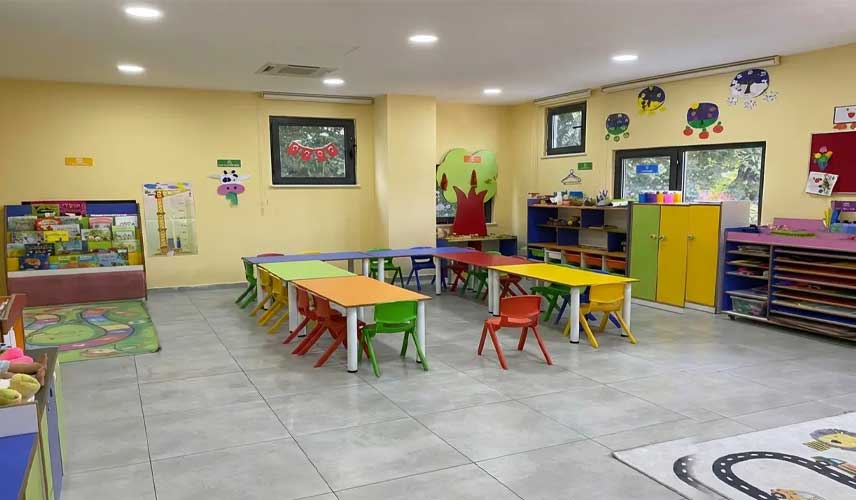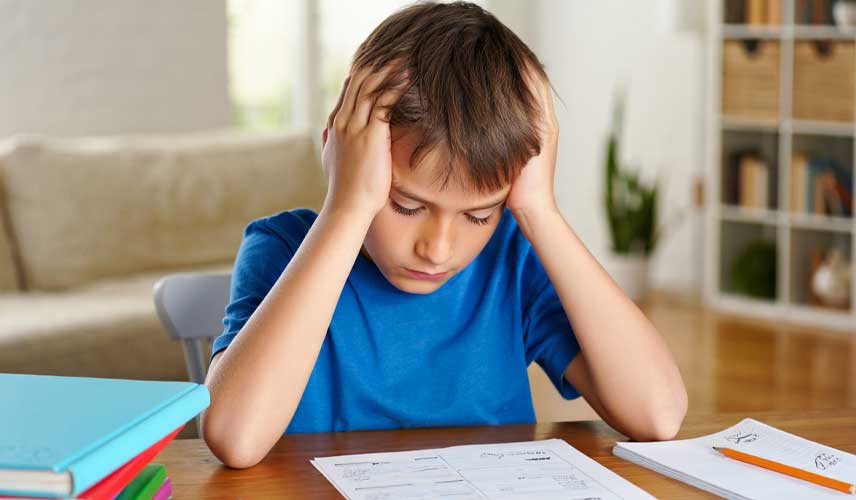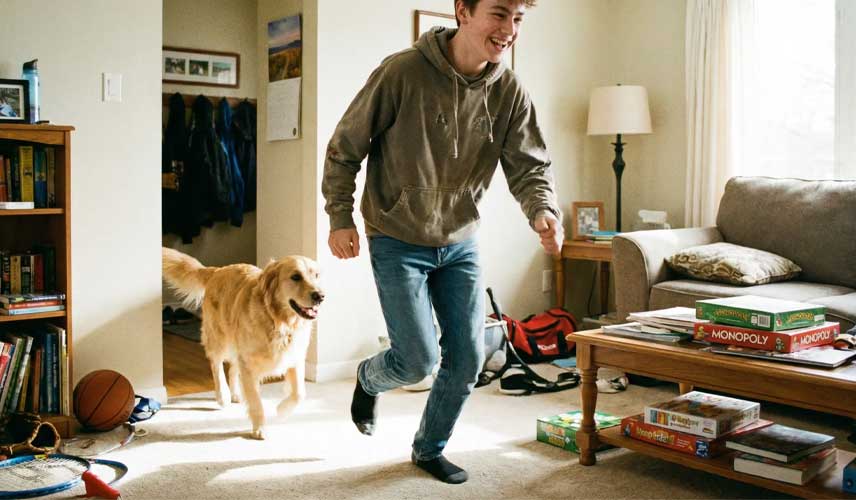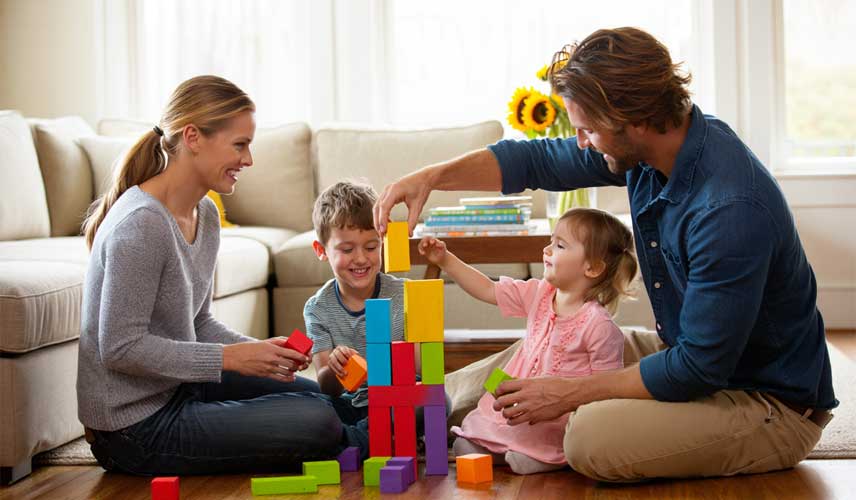
8 Tips for Positive Parenting

Positive Parenting can be defined as parenting behaviors aimed at establishing a strong and deep bond based on communication and mutual respect between parents and children. It has been observed that consciously and patiently applying these behaviors has positive effects on a child's behavior, mental health, and academic performance. It is a method that requires patience, and it may take weeks or even months to yield the desired results. However, when it can be achieved, its benefits last a lifetime.
Tips for Positive Parenting
1. Embrace Your Child
Regardless of your child's age, take the time to express your love by hugging them. You don't have to do this in the morning, afternoon, and evening, but make sure to be among the parents who embrace their children with love.
2. Ask About Their Day
When you come home from work, ask your child how their day was at school or during an activity you sent them to. Sometimes you will receive simple, short answers, but still, make it a habit to do this regularly. Bedtime can sometimes be a time for children to open up, so take advantage of that.
3. Always Be a Attentive Listener
We live in a noisy and exhausting world surrounded by electronic devices, which can sometimes prevent us from giving enough attention to our loved ones. However, always be a good listener for your child. Children who are listened to by their parents feel safer and better. Additionally, they may be saying very important things, and missing out on those could lead to negative consequences.
If there is no concerning situation, avoid discussing adolescent-specific situations and problems with your teenager, and refrain from pressuring them to share. However, always make sure they feel that you are ready to listen and help them solve their problems whenever they need it.
One of the golden rules of positive parenting is this: Do not instill the feeling in your children that "Why should I tell my mom/dad, they won't listen to me/understand me anyway?"
4. Read Books Together
When children learn to read, the necessity of bedtime stories may diminish, but do not stop reading together. Reading books with your little one, who can now read on their own, encourages them in this regard and strengthens your closeness. During this time, you should also do things like taking turns reading the same book and discussing the story.
Even if your child is older, continue to organize reading hours at home. Spending quality time with children is a beneficial and effective method that should be implemented.
5. Don't Forget to Spend Individual Time with Them
One of the things we might forget amidst the hustle and bustle of daily life is to spend special times with our children. Make sure to set aside time for activities like playing together, walking for 1-2 hours, dancing, or having a picnic in a nearby park. Decide what you can do based on your child's age, desires, and needs.
6. Express Your Love with Words
If you want to be a good parent, one of the things you should do is regularly tell your child that you love them. Don't think that this will spoil them. Do not withhold the happiness and sense of security that comes from knowing they are loved.
7. Goodnight Kiss
No matter how old your child is, you should have a "Goodnight" ritual. A big child may not enjoy being showered with kisses. In fact, often what is at stake is not so much dislike, but rather the childishness of it that undermines the fact that they are now a "big" person. However, they generally do not object to a small kiss, especially if they have been accustomed to it at bedtime.
8. Always Try to Stay Calm
We know this is not always easy, but it is really important. Most children respond better to a request or instruction that is communicated calmly and reasonably. Avoid raising your voice or shouting as much as possible. If you cannot control your anger, take the time to apologize later and explain why you acted that way.
Child Development and Education Other Content in the Category

Child Development and Education
Ways to Develop Fine and Gross Motor Skills in Children

Child Development and Education
First Day at Kindergarten: 12 Tips to Ease the Transition

Child Development and Education
6 Tips for Success

Child Development and Education
8 Reasons for Attention Difficulties in Children

Child Development and Education
Problems Related to Homework and Solutions

Child Development and Education
15 Life Skills Your Teen Should Acquire

Child Development and Education
35 Positive Messages Your Child Needs to Hear

Child Development and Education
10 Characteristics of Good Enough Parents

Child Development and Education
Child Development: The First 5 Years

Child Development and Education
7 Things You Need to Do to Raise a Well-Rounded Child

Child Development and Education
14 Effective Methods to Improve Children's School Success

Child Development and Education
8 Tips for Positive Parenting

Child Development and Education
10 Ways to Communicate Well with Children

Child Development and Education
How Does Changing Schools Affect Children?

Child Development and Education
